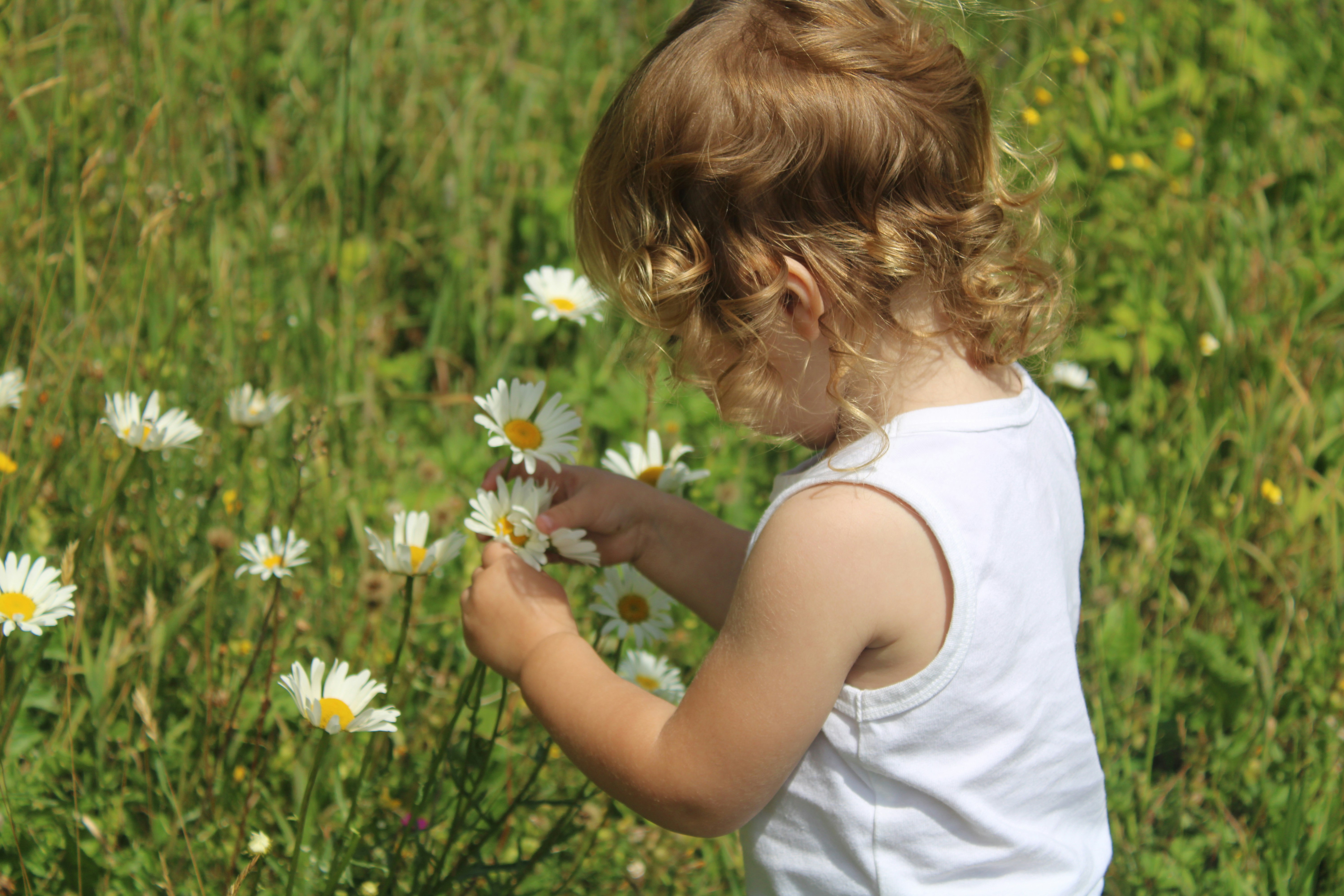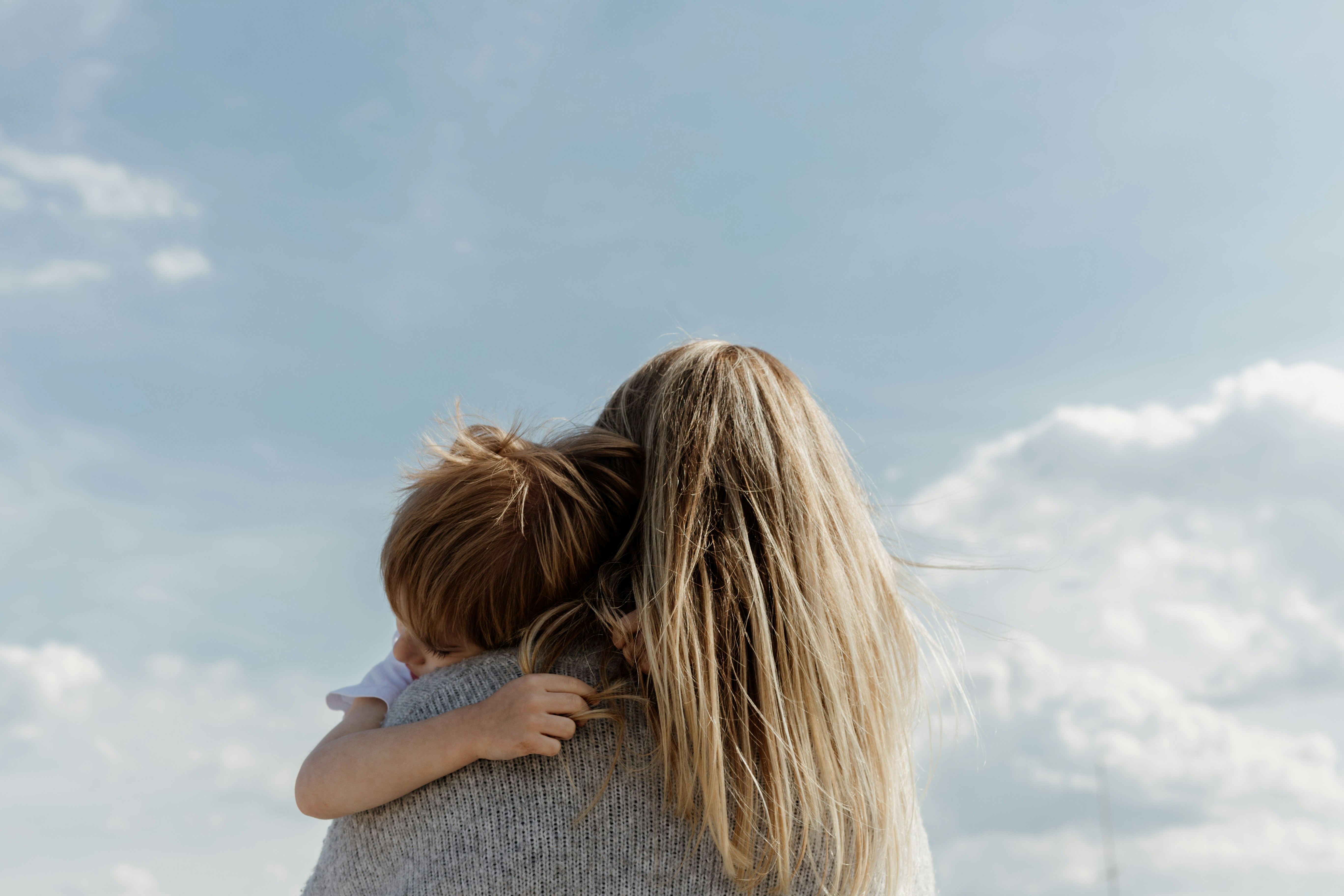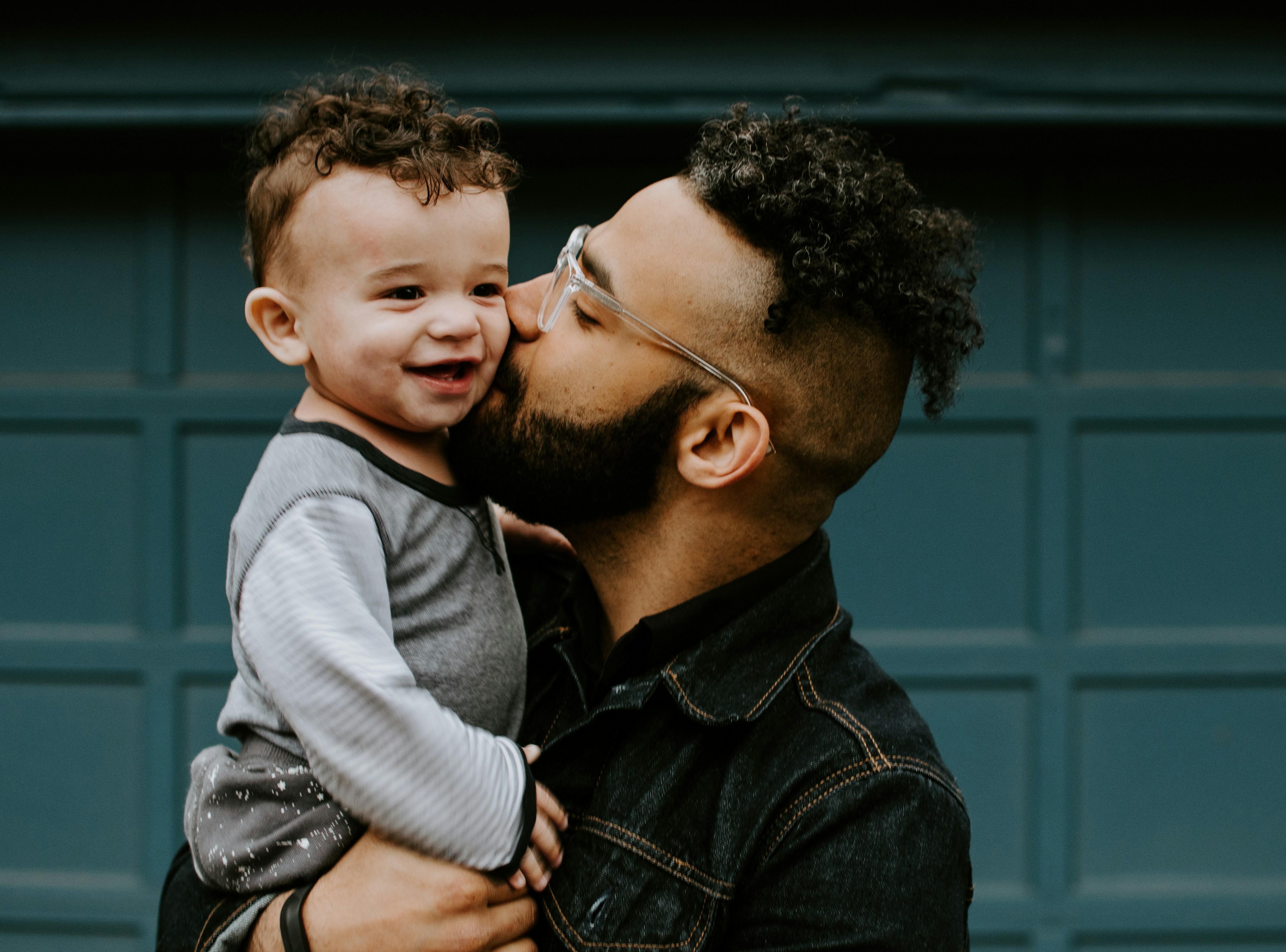Parenting is one of the most demanding roles a person can take on. It's filled with joy, exhaustion, self-doubt, and deep love—all at once. For parents of children with neurodivergence or unique developmental needs, the demands can be even more intense. Advocating, caregiving, coordinating therapies, navigating systems, and managing emotional ups and downs can stretch even the most resilient person thin.
That’s why mindfulness and self-care aren’t luxuries—they’re lifelines. It's not about escaping your responsibilities, it's about equipping yourself to meet them with greater clarity, patience, and presence.
Let's explore some simple, meaningful ways to integrate mindfulness and self-care into your daily life, no matter how busy or overwhelmed you may feel.
What Is Mindfulness, Really?
Mindfulness is about being fully present in the moment you’re in. Whether you're brushing your child's tangled hair, listening to them as they experience a moment of emotional overwhelm, folding a mountain of laundry; or even doing all of these things at once - mindfulness invites you to slow down just enough to be there.
Mindfulness helps regulate your stress response, brings awareness to your emotional state, and builds resilience over time. For parents of children with extra needs, this grounding can help buffer the emotional toll of long-term caregiving.

Why Self-Care Matters—Especially for Parents of Children with Unique Needs
Self-care sometimes gets dismissed as selfish. But in fact the opposite is true. If you don’t replenish your own emotional, mental, and physical energy, you can’t offer the care and connection your child needs.
For whānau supporting tamariki with neurodiversity or additional medical or emotional challenges; caregiving can feel like a marathon with no finish line. Burnout is real—and preventable. Self-care gives you stamina and it also models emotional regulation and self-worth to your children.
Self-care doesn't have to mean spa days or weekend getaways. For many of us those opportunities are few and far between! In reality, self-care can be as simple as a deep breath, asking for help, or saying no.
Practical Mindfulness Tools for Busy Parents
Here are a few grounding tools you can start using today, even if your time and energy are limited:
⭐ The 3-Breath Pause
Take three slow, intentional breaths at any point in your day. Inhale deeply. Exhale fully. Feel your feet on the floor. Come back to your body.
⭐ Name It to Tame It
When emotions rise—yours or your child’s—pause to name what’s happening. “I feel overwhelmed.” Naming emotions can help diffuse their intensity.
⭐ Sensory Anchors
Notice one thing you can see, hear, touch, taste, or smell. Use your senses to anchor you in the present moment when your mind spirals.
⭐ One-Minute Meditations
Try guided mindfulness audios for 1–5 minutes. Apps like Insight Timer, Smiling Mind, or Mindful Parenting offer short, free meditations.

Creating Small, Sustainable Self-Care Routines
Self-care is personal and unique—it doesn’t have to look like anyone else’s. The key is consistency and intention. Here are a few ideas tailored for parents with full plates:
🌱Morning check-in: Even 2 minutes in the morning to stretch, breathe, or set an intention can shift your day.
🌱Micro-breaks: Step outside for 30 seconds. Breathe fresh air. Feel the sun or wind. These tiny resets matter.
🌱Community care: Text a friend, join a support group, or connect online. You don’t have to do this alone.
🌱Boundaries: Say no when needed. Delegate where you can. Your time and energy are precious resources.
A Word to Parents of Children with Neurodiversity
You are carrying a lot. The emotional labour, the appointments, the advocacy, the worry, the moments of pride and heartbreak—it’s all real.
Mindfulness and self-care won’t make the hard things disappear. But they can help you move through them with more steadiness, compassion, and clarity.
These tools can soften the edges of hard days and help you savour the beautiful ones.

Local Support & Groups in Christchurch
You are not alone. It can be very hard. And you deserve care too. Here are some organisations that can help whānau in Õtautahi:
☀️Plunket – Parent & Infant Relationship Service (PPAIRS), Addington
PPAIRS offers infant mental health support services; helps families with bonding, understanding infant cues, early emotional wellbeing, stress around early parenting and building connection
☀️MindWise – Mindfulness & Meditation Groups
MindWise offers Mindfulness‑Based Stress Reduction (MBSR) courses, regular meditation groups and retreats. These are great for parents who want to build resilience, reduce family/work stress and find a calm space for themselves.
☀️Familial Trust – Parents Supporting Parents (STAR / ROCKS groups)
Familial Trust offers regular peer support groups. “STAR” and “ROCKS” are groups for parents and caregivers to share experiences; helping them to feel understood and reducing isolation.
☀️PIPS
PIPS is a drop‑in centre for whānau who are pregnant or caring for pēpi. They provide practical help and a listening ear to those with newborns or very young children, who are under stress, feeling isolated, needing the basics or connection.
☀️Christchurch ADHD & Neuro‑Diversity Parent Support Group (Whakatata House)
A peer support group for whānau managing extra stress due to neuro‑diverse needs; looking for strategies or community.
☀️Birthright Canterbury
Single parents often face additional stress. Birthright supports single parent families with home visits, practical assistance, connection and advocacy.
☀️Need to Talk? ‒ free call or text 1737 for trained counsellors (any time)

Closing Thoughts
Taking care of yourself is one of the most powerful things you can do for your child. You don't need to be perfect. You just need to keep showing up—and that includes showing up for yourself, too.
Start small. Perhaps choose one practice from this post and try it for a week. Be gentle with yourself. And remember: you deserve the same compassion you give so freely to others.
"He oranga ngākau, he pikinga waiora."A healthy heart fosters well-being.
